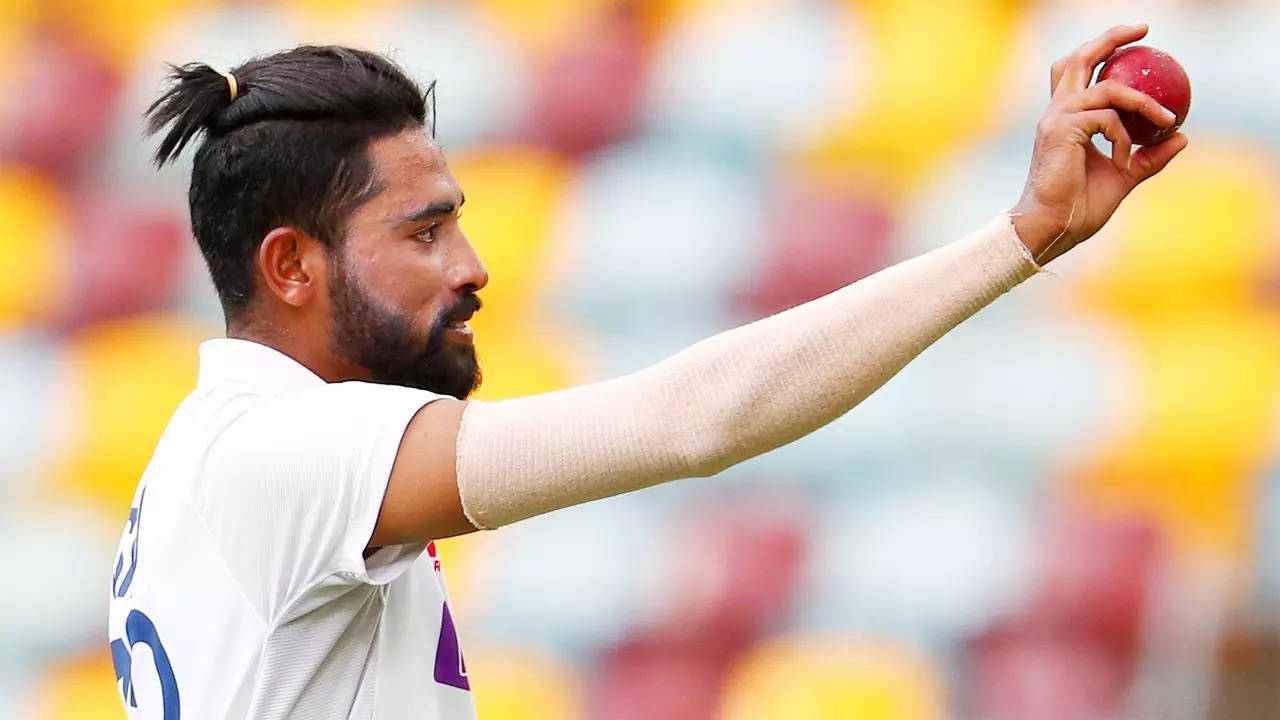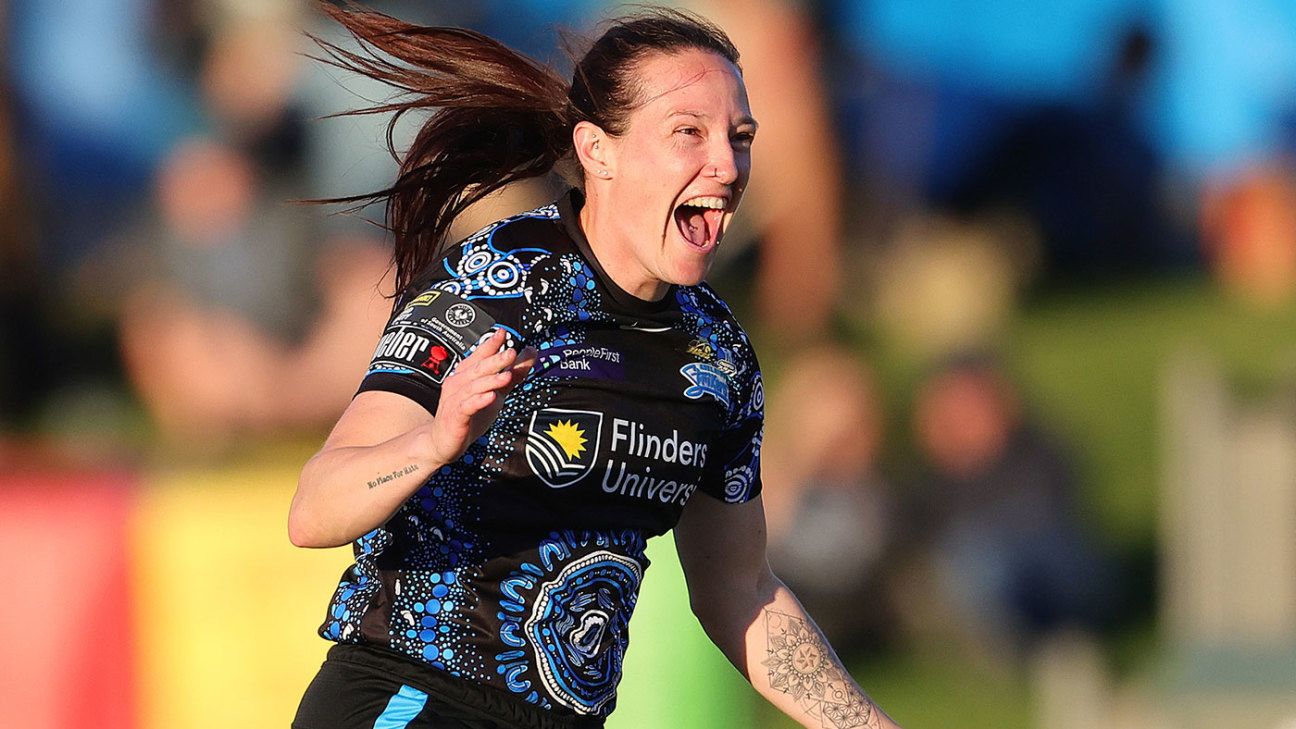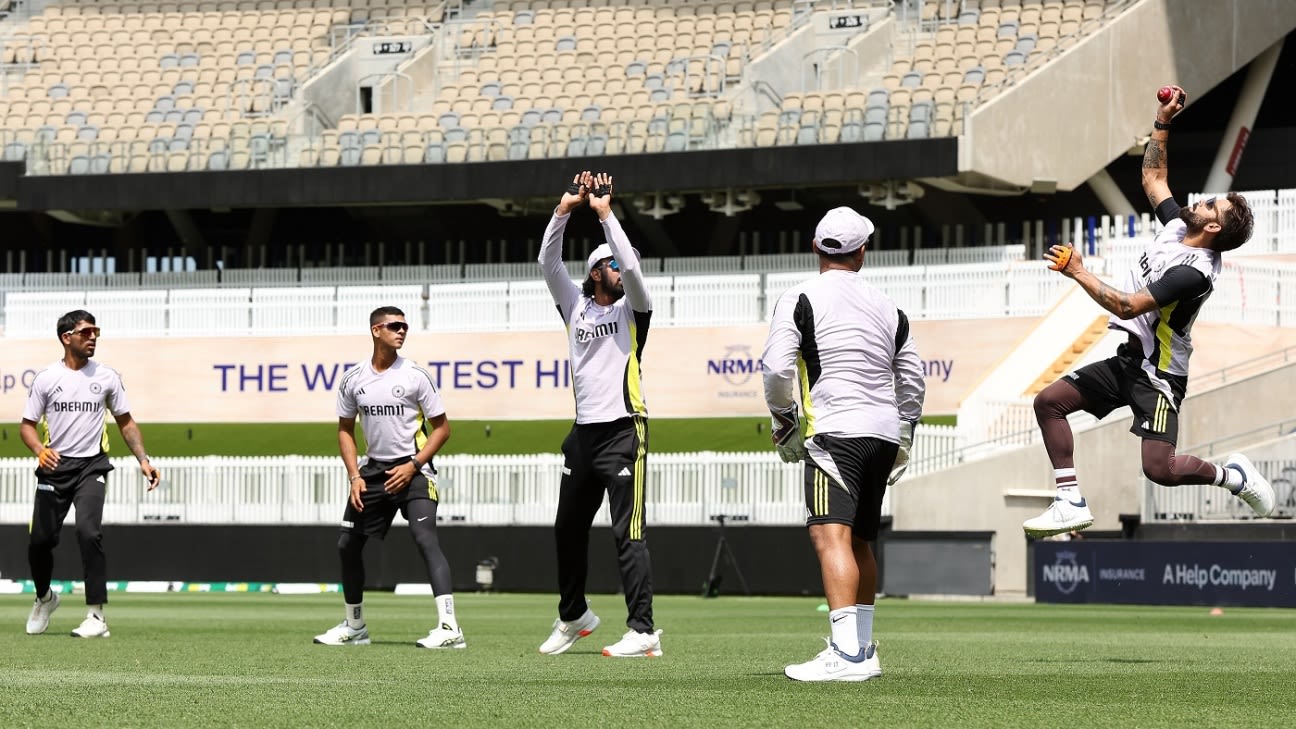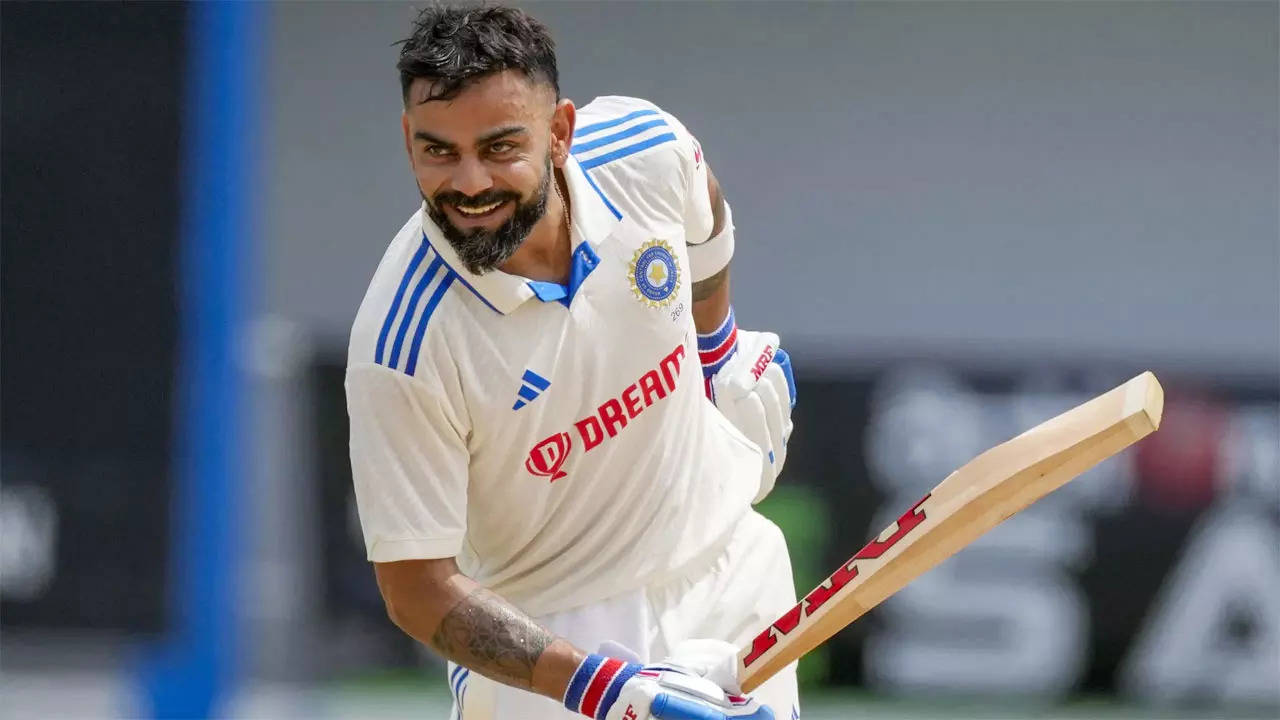Mohammed Siraj’s heart-wrenching experience during the 2020-21 tour of Australia, where he received the devastating news of his father’s death, is a testament to the emotional challenges that athletes face. Despite the immense grief, Siraj chose to stay with the team, inspired by the unwavering support of Virat Kohli, Ravi Shastri, and other senior players.
Siraj’s decision to prioritize his nation over personal tragedy is a reflection of the mental strength and resilience required in sports. He channeled his emotions into his performance, delivering stellar performances in the Melbourne, Sydney, and fourth Tests, playing a crucial role in India’s historic 2-1 series win.
Mental conditioning coaches play a vital role in helping athletes navigate such deeply emotional moments. They provide emotional support, help players develop coping mechanisms, and assist them in finding deeper meanings in their performances.
Jody Martins, a South African mental and conditioning coach, emphasizes the importance of a robust identity, a deep understanding of one’s performance process, and an awareness of how performance works. He works with teams to create systems, processes, and a performance-driven culture that fosters individual growth and team success.
Martins’ approach to coaching varies depending on the stage of an athlete’s career. For young athletes, he focuses on general mental performance principles and helps them develop a well-rounded approach to cricket and life. For established international players, he provides more specific support, addressing challenges related to specific tours, opponents, or conditions.
With the Border-Gavaskar Trophy approaching, Martins highlights the importance of mental conditioning in helping players cope with isolation and perform under challenging conditions. He encourages players to embrace the experience, maintain a healthy routine, and stay connected with loved ones.
In the aftermath of emotional setbacks, such as South Africa’s heartbreaking loss to India in the recent T20 World Cup, Martins emphasizes the need for honest conversations about emotions, acknowledging them, and learning from the experience. He believes that emotions can become a source of strength if they are processed and integrated into an athlete’s performance.
Martins’ work with Temba Bavuma, the South African captain, exemplifies the qualities of elite cricketers who seek to maximize their game in all aspects, including mental strength. He believes that vulnerability and openness are signs of mental strength, allowing players to share their shortcomings and seek support.






